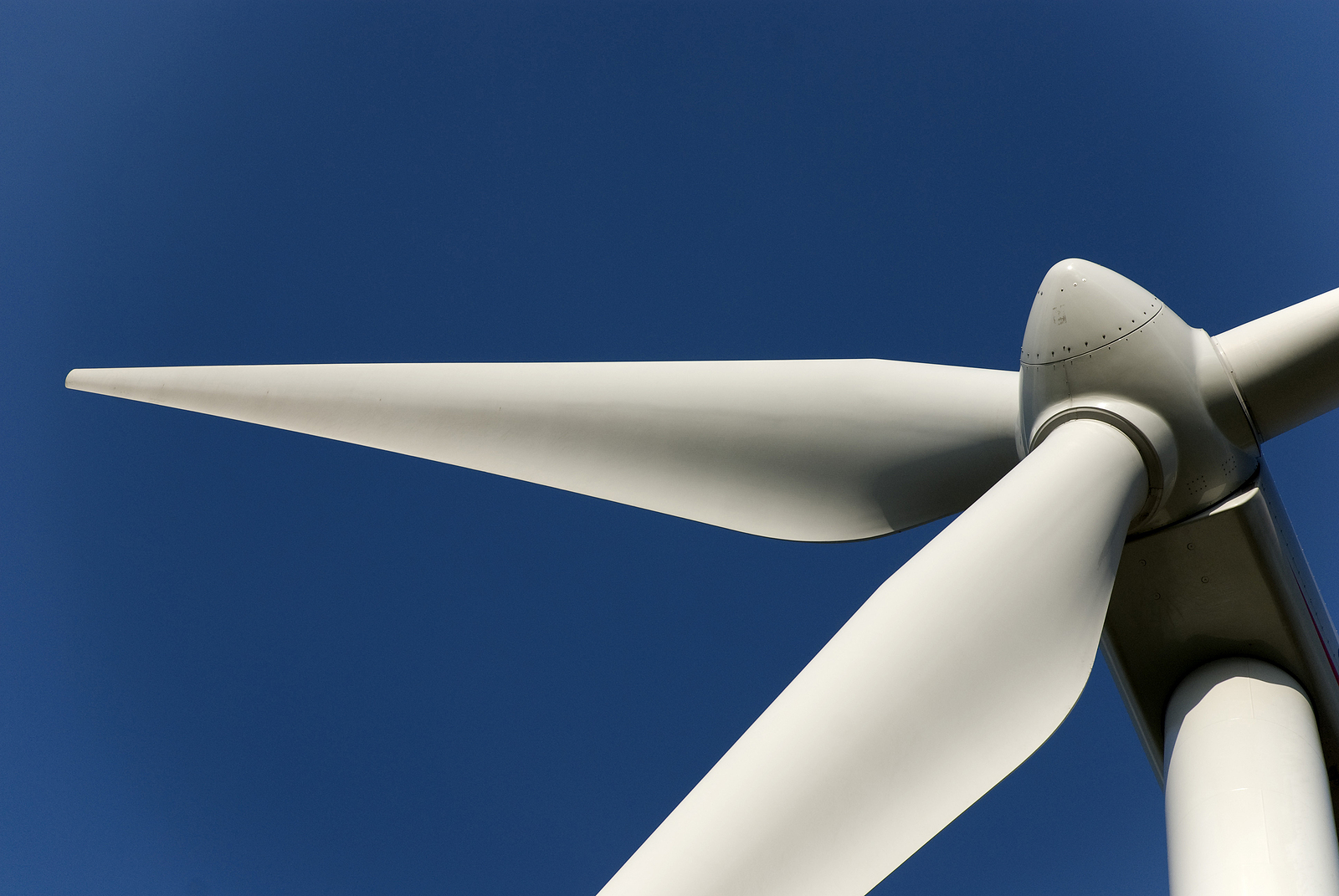
The National Centre for Research and Development in Poland (NCBR) joined the Science|Business Network of universities, companies and public-sector organisations. We welcome them, and republish here their first announcement of latest news. More information about the Science|Business Network here.
The National Centre for Research and Development in Poland (NCBR) is organising a competition to build a wind power installation with energy storage for home use. The prize for this innovative device is worth 1 million PLN and will go to anyone who can develop technological solutions using low-speed wind to produce, store and release energy in the most effective way. The device also has to be compact and quiet, and for individual and home application only.
Aiming to revolutionise the wind energy market, NCBR strives to prove the potential of kinetic energy that each of us can use to balance our household budget, but the real goal is to reduce smog and greenhouse gas emissions in Poland and increase the use of renewable energy sources in domestic energy consumption.
The competition Grand Challenge: Energy is open to everyone – the concept behind grand research challenges is to engage the widest group of innovators possible, as Dr. Wojciech Kamieniecki, the director of the NCBR said: ‘We focus on the attractive formula of an open competition. The conditions for participation are designed to allow everyone to send their applications, as long as they have a great idea and the right potential. Those interested in our initiative include scientists from universities and research institutes, research and development centres, entrepreneurs, engineering teams as well as innovation enthusiasts, students from science clubs or garage inventors’.
As the challenge is now coming to a close, participants should bring their ideas to the prototype stage with each prototype consisting of a wind power installation – a device or set of devices converting wind kinetic energy into electricity, and an energy storage connected to it. The winner will be a participant whose prototype – after blowing the wind and connecting to the measuring system – will achieve the best result.
No prototype can generate noise greater than 50dB during operation. The device should also be aesthetic and its dimensions, both in static and dynamic conditions, cannot be larger than a cube with a side of 2 meters. Its weight cannot exceed 200 kg.
84 out of 180 teams entered the next stage. The struggle continues and will end on August 14, 2021 in Warsaw. Live from the tribunes of PGE National Stadium, the final will be available to the public. The top 10 constructor teams will battle it out during the final stage of the competition where the jury will assess whether the prototypes work and how much energy they generate.
The Grand Final will take up to 6 hours and the team that could cope best with turning wind energy into electricity will become the first ever winner of Great Challenge: Energy. The award will enable further development of the prototype so that it becomes a finished product, ready to be introduced on Polish and international market. Finally, being mindful of the landscape, a special prize in ‘design’ category will be awarded by the audience for the best-looking prototype. It should be noted that participants remain the owners of the solutions they develop during the competition which is key for innovative projects.
By creating such a research challenge, Poland wants to promote unconventional initiatives where the recipient is also a producer of energy as well as involving a wide range of innovators, combined with raising public awareness about the role of clean energy.





 A unique international forum for public research organisations and companies to connect their external engagement with strategic interests around their R&D system.
A unique international forum for public research organisations and companies to connect their external engagement with strategic interests around their R&D system.